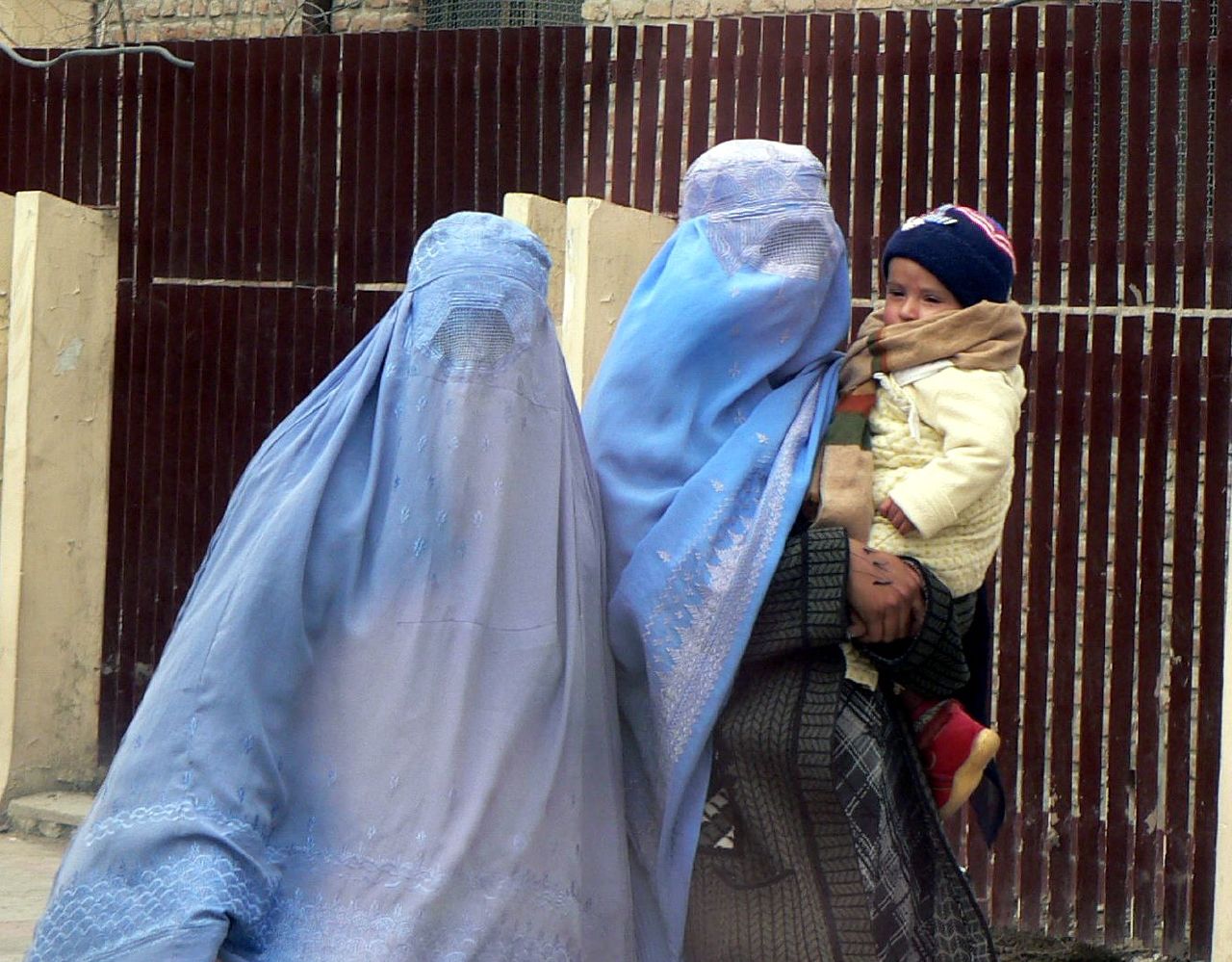- About
- Topics
- Picks
- Audio
- Story
- In-Depth
- Opinion
- News
- Donate
- Signup for our newsletterOur Editors' Best Picks.Send
Read, Debate: Engage.
| topic: | Humanitarian Aid |
|---|---|
| located: | Afghanistan, Sweden, USA |
| editor: | Shadi Khan Saif |
Oslo hosted a landmark meeting with the Taliban and various Afghan political and social groups last week in an attempt to break the ice on the stalled negotiation process as the country reels from the worst humanitarian crisis.
However, turning a blind eye to the de facto power of Afghanistan while watching the population suffer from all sorts of disasters will not solve the country’s problems, nor yield the desired goals of holding the group accountable to the nation and the international community. Instead, it would provide the regime a justification for their negligence of delivering services to their people with the pretext of struggling from international isolation.
Afghanistan is right in the middle of a chaotic journey that began with the sudden rush to exit by the US and allies in August 2020, which left the cripplingly aid-dependent country at the mercy of an armed militia that is now busy consolidating power and might take ages to evolve into a governing body. Taking on a dignified position of international authority to not engage with the group that holds a tight grip over the country amounts to a gross violation of human rights against the needy Afghan people.
It has been almost half a year that the Taliban has been in charge of Afghanistan, during which period it has miserably failed in addressing the basic needs of people reeling from decades of war. Amnesty International recently stated that girls in Afghanistan have still not been allowed to return to school after several months and have been deprived of their basic right to education, despite international pressures.
It is the secrecy in such affairs, leading to a spinning of facts and propaganda, that causes more problems than solutions. Hence, all sides engaging with the Taliban should not give in to the demands of this group by keeping their agenda secret, but ought to demand outright that the rights and liberties of Afghans be respected.
Ever since the Doha negotiations began between the US and the Taliban, followed by the doomed intra-Afghan talks between the Islamists and the Kabul government, we have only seen cliché statements such as “the participants considered mutual understanding and cooperation as the only solution to all the problems of Afghanistan” and “all called the holding of such meetings in the interest of the country."
That does not serve the purpose.
The Taliban must be held accountable at the international level and the group must be forced to realise that it is not a divine power imposed on the people of Afghanistan, but a cluster of mostly men taking power in their hands, with which comes responsibility and obligations.
Photo by Sohaib Ghyasi

